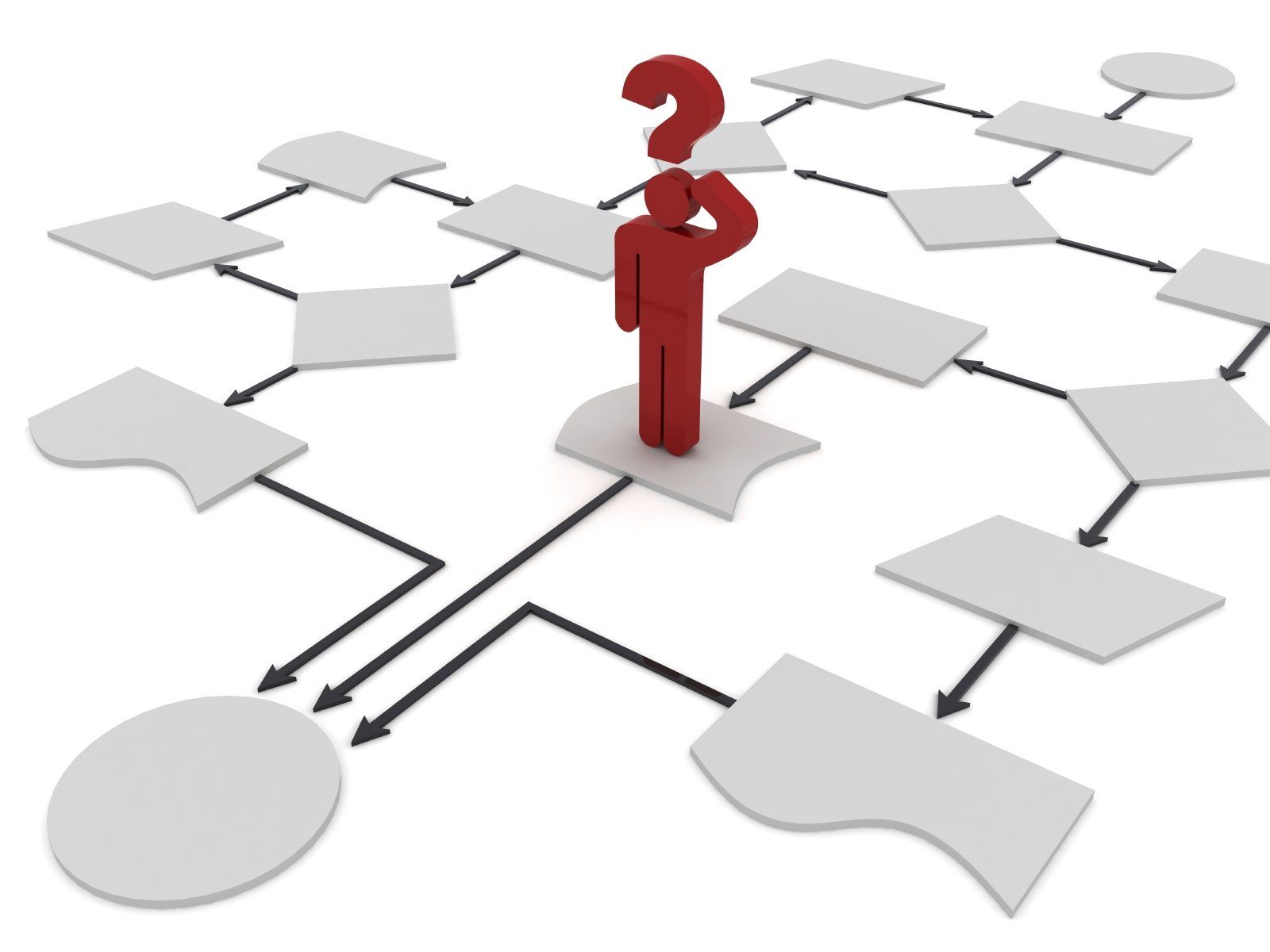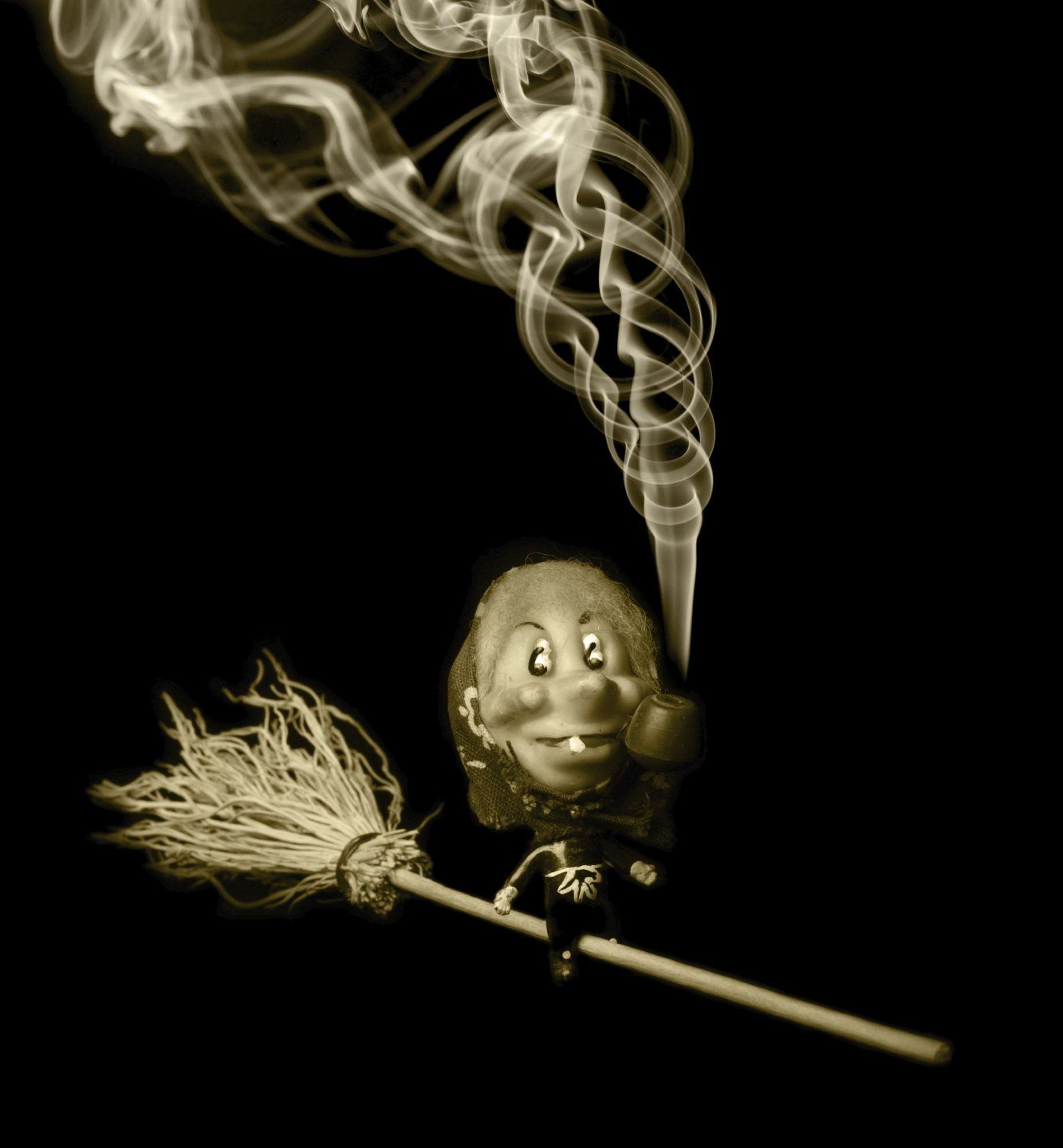'Narcissistic abuse' vs 'domestic abuse' and 'coercive control' - and why it matters to know the difference.
Not all Domestic Abuse or Coercive Control is Narcissistic Abuse - but some is.
Are you, or have you been, a victim of domestic abuse or of a coercively controlling partner? If you have answered yes to this question, there is a possibility that your partner may have Narcissistic Personality Disorder (NPD) - and I’m going to explain in this article why it matters.
Now before we delve into this let me make one thing clear - at present it can actually
harm your case to mention Narcissism, NPD or the term ‘personality disorder’ in the areas of child protection or in Court, because, incredibly, in these arenas these words are not properly understood.
Because of this I still very strongly advise against using these terms in these contexts. However, from your
own personal perspective, if your abusive relationship has actually been with a narcissist, fully understanding NPD gives you an awful lot more power than perhaps you previously realised you had.
Now let’s state some facts - not all domestic abusers are narcissists. And nor are all coercive controllers. But a proportion of abusers who carry out specific patterns of behaviour
are doing so as a result of narcissism, and
do fall into all three categories. Does this let them off the hook? Absolutely not - abuse is abuse regardless of what underlies it, and getting away from the situation permanently, and to the best of your ability, is paramount.
Why, if your abuse has resulted from narcissism, do you have more power than otherwise? Well, to understand this let me go back a step, and explain what Narcissistic Personality Disorder is.
Firstly, you have to be aware that NPD is a
real, diagnosable personality disorder, as defined in the Diagnostic and Statistical Manual of Mental Disorders, the manual that mental health professionals use to diagnose it.
"Narcissistic behaviour patterns are very specific indeed - once you know what they are, it isn't difficult to determine whether you have been in a relationship with a narcissist - or whether you haven't."
There is a great deal of misinformation and ignorance about the terms Narcissism or NPD in the world, and the un-informed may tell you that narcissism ‘isn’t real’, is just ‘jargon’, or is ‘psychobabble’, ‘psych lingo’, or even just ‘a buzzword.’ Many may also tell you you shouldn't ‘label’ people, without a professional diagnosis, and even say that doing so is ‘harmful’. Sadly, these types may inadvertently be doing more harm than good to those who really have been in a relationship with a narcissist. I have even heard of campaigners who work in the field of domestic abuse dismissing NPD as a real entity or downplaying it's importance to individuals - so it's not just the Courts and child protection agencies who do not yet understand it. Clearly, when it comes to education there is a long way to go.
But here’s the thing - if you really
are dealing with someone who has NPD, getting them in front of a mental health professional who is qualified to make the diagnosis is going to be an uphill struggle - especially as a narcissist isn’t likely to have awareness of their condition. And even if they are one of the rare ones that do, they are not going to want to change. After all, the condition allows them to exploit others for their own gain, and so is seen as a good thing by them.
But that doesn’t mean that you can’t learn to spot the very specific patterns of behaviour that narcissists carry out for yourself - after all, it’s just pattern recognition, and if this is the only option you have then could it be worth pursuing? Narcissistic behaviour patterns are very specific indeed - once you know what they are, it isn't difficult to determine whether you have been in a relationship with a narcissist - or whether you haven't.
So what is Narcissism?
Narcissism is a condition characterized by low empathy, with an addiction to needing to feel special and a sense of entitlement, which results in behaviours which harm others. There is always covert emotional abuse, but physical abuse can also be a feature of it.
It results from the way the person’s brain became wired as a baby and in childhood, in response to a difficult upbringing - and the abnormal wiring results in them behaving in ways which are abusive towards others.
But here’s the key point - actual narcissists all have intrinsically low self esteem (although if you don’t know them well you might not be able to see that). They can’t bear to acknowledge their true feelings of worthlessness, of shame and of inadequacy, so they hide behind a false persona, which they put out to the world. Very often their false persona is charming, or charismatic or ‘nice’, and they need other people to believe in it so that they can believe in it themselves. They
need
external validation from other people to keep the false persona going, precisely so they can hide behind it, and fool themselves that it is real, protecting them from their real feelings. And the external validation which they constantly need from others is called ‘narcissistic supply’. It’s like fuel to a narcissist - they need it to keep going, and they get it from attention, adoration, drama or conflict and from instilling fear into others.
"Actual narcissists all have intrinsically low self esteem"
One person will never be able to provide enough of this narcissistic supply to the narcissist, and the narcissist will need to get it from multiple sources. This is very important to understand - a real narcissist behaves (often subtly) badly to everyone around them, except towards the people who are sycophantic towards them (who are therefore giving them great narcissistic supply). Narcissism is a pattern which is 'pervasive' - it happens in all areas of the narcissist's life to some degree, and not just behind closed doors.
Narcissists are difficult at work and at home, and they can’t maintain long term deep friendships - eventually pretty much everybody detaches from them once they have been exposed to them for long enough. You, as their partner will, most likely, have borne the brunt of their abuse, but if they are a real narcissist, aside from their sycophants, everyone will have felt the heat to some degree.
"Narcissists are difficult at work and at home, and they can't maintain long term deep friendships"
Why it matters to know if your abuser is a narcissist
I talked earlier about the power you might not have realised you had - and it’s all down to this concept of narcissistic supply. You see, a narcissist
needs something from
you. They need your narcissistic supply - that’s why they abused you and controlled you, and why they continue to do so post separation via the children and the legal system. They feed off your fear, off the way you fawn over them to placate them, and off your reactions when you try to stand up for yourself. I repeat - they need your narcissistic supply -
and you don't have to give it. So if you refuse to give them that supply, they eventually have to go elsewhere for it - because they
need it to function. This is key to breaking free from narcissistic abuse, and the Grey Rock Technique, which I talk about
here, is a great way to make this happen.
"A narcissist needs something from you. They need your narcissistic supply - and you don't have to give it."
So, if you are or have been a victim of domestic abuse or of coercively controlling behaviour, and you are wondering whether your partner is actually a narcissist, help is at hand. Our book (written with top UK family lawyer Karin Walker)
“Divorcing a narcissist - the lure, the loss and the law” will take you step by step through the process of identifying the narcissistic behaviours in your relationship, and then guide you through the separation and divorce process, pre-empting the specific behaviours that a true narcissist will subject you to during the divorce and beyond.
And if you want to understand more about the vital concept of narcissistic supply, you can learn more by listening
here, or by watching this
video.
















